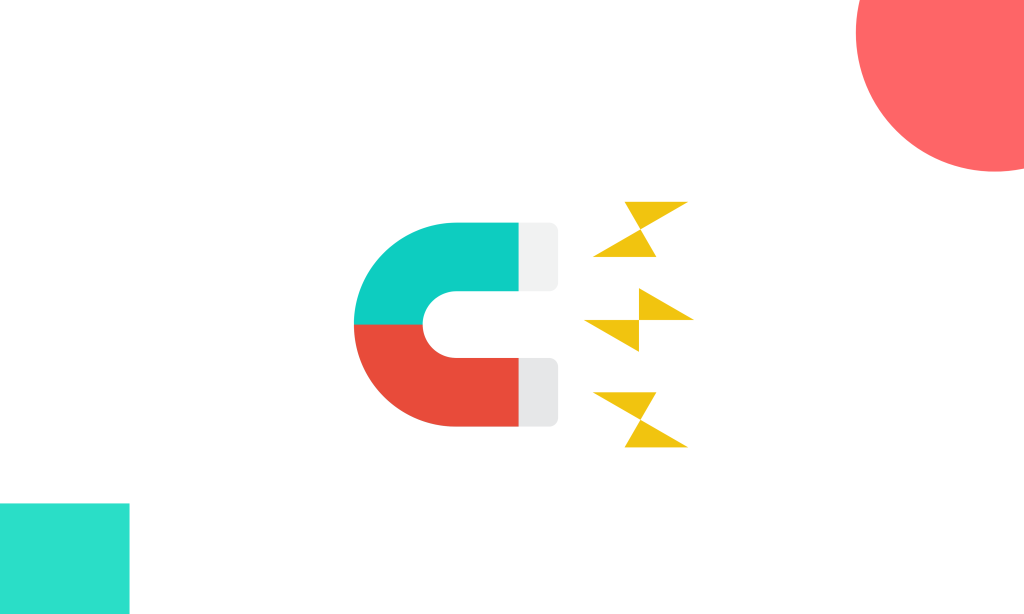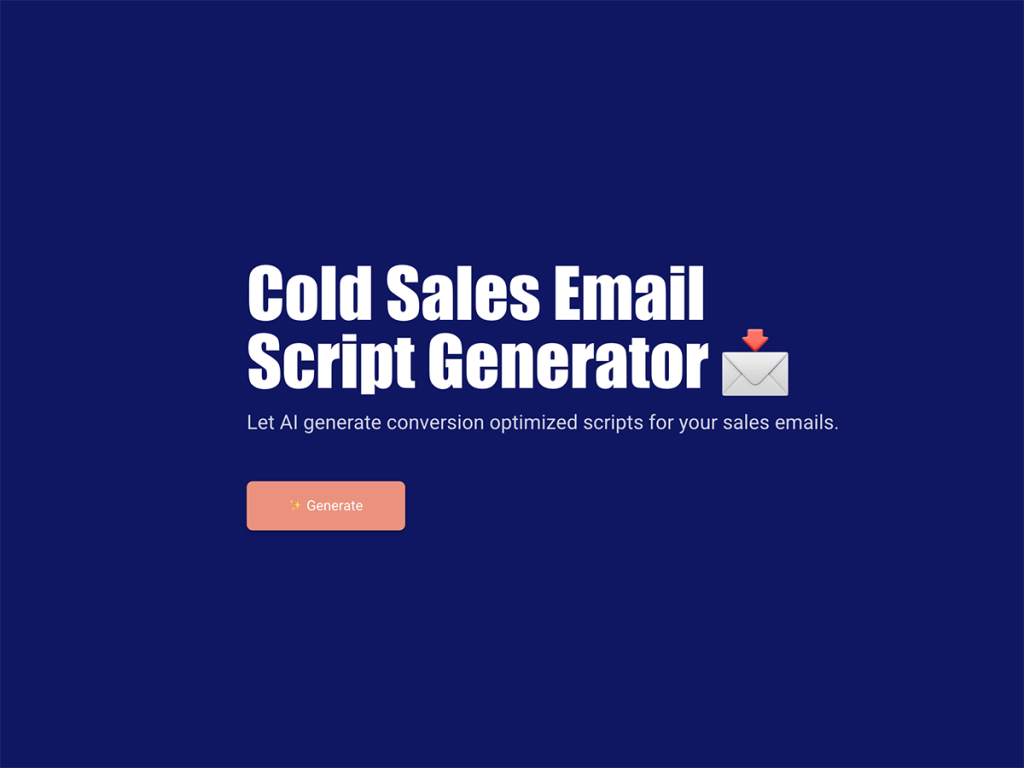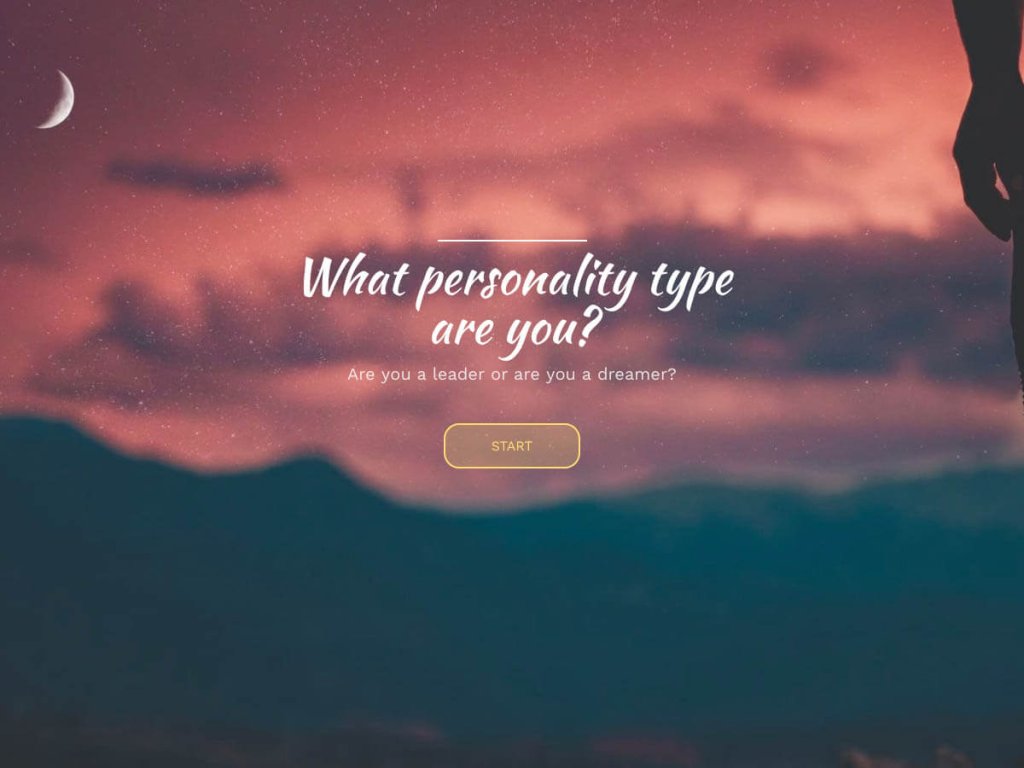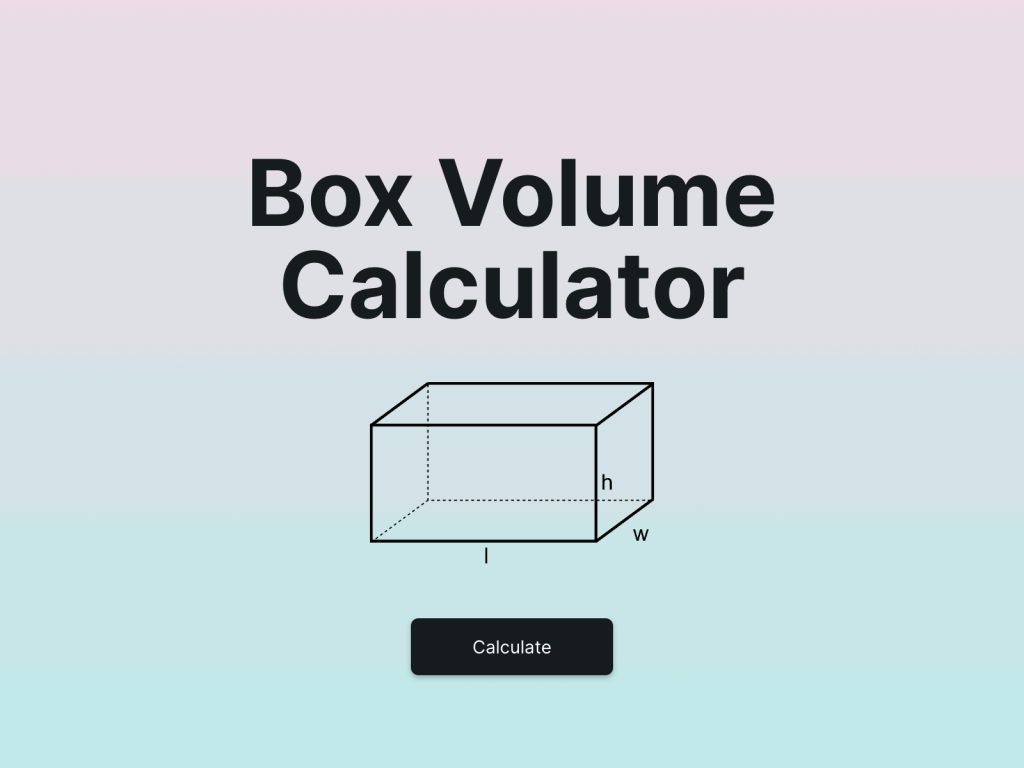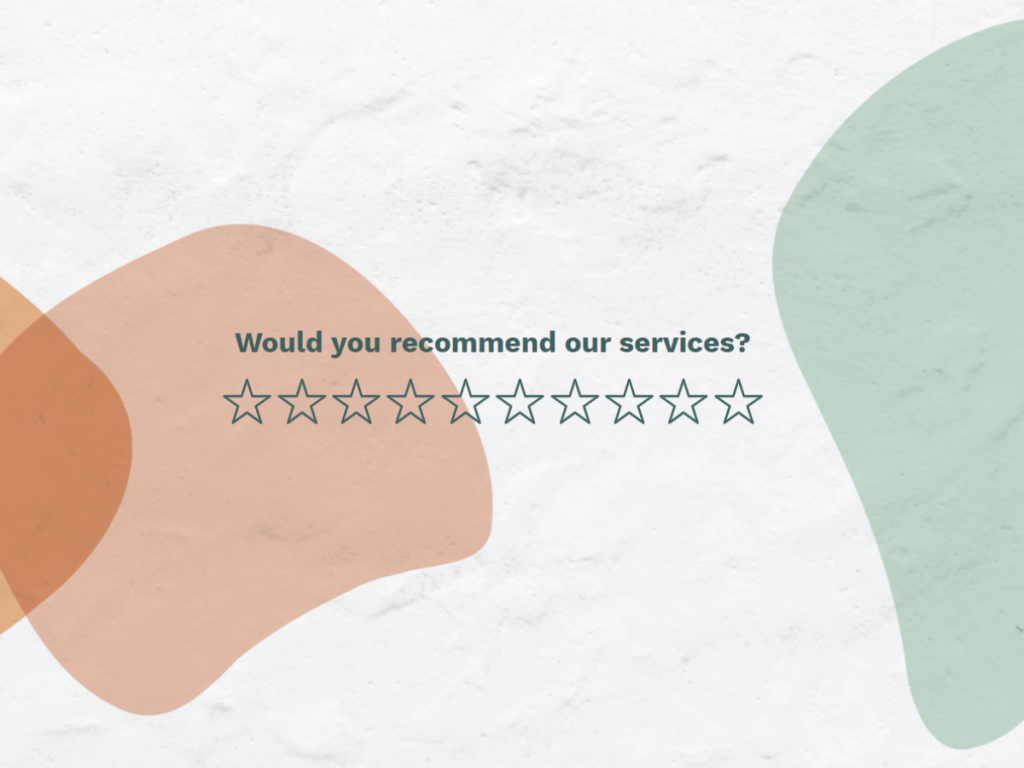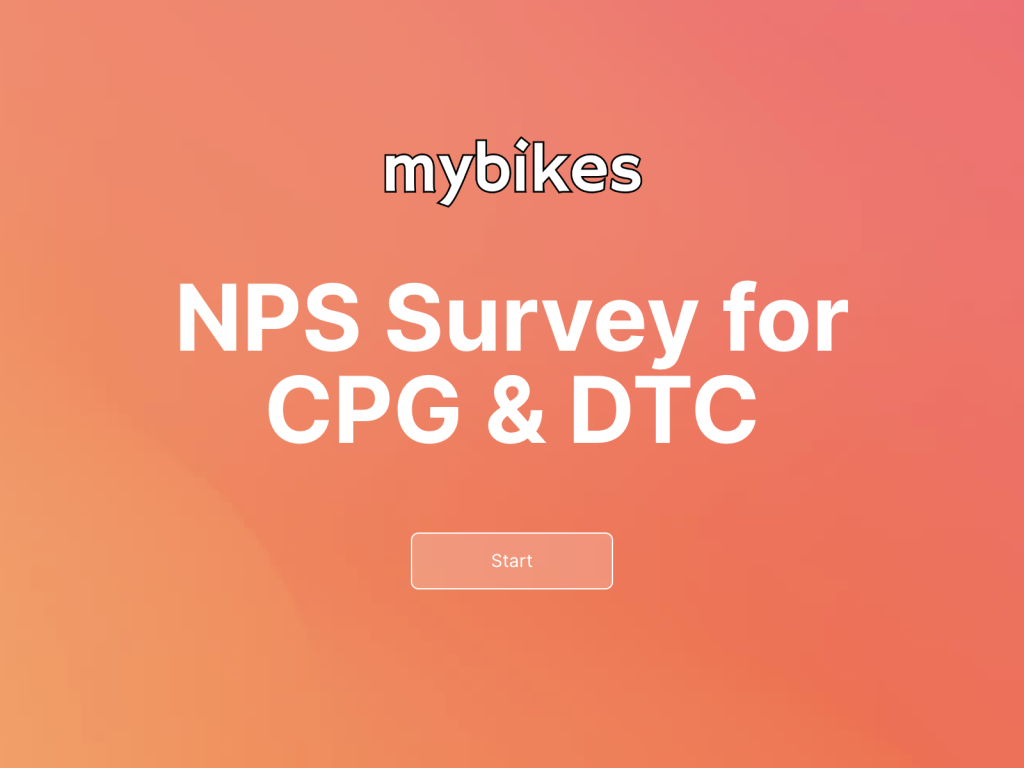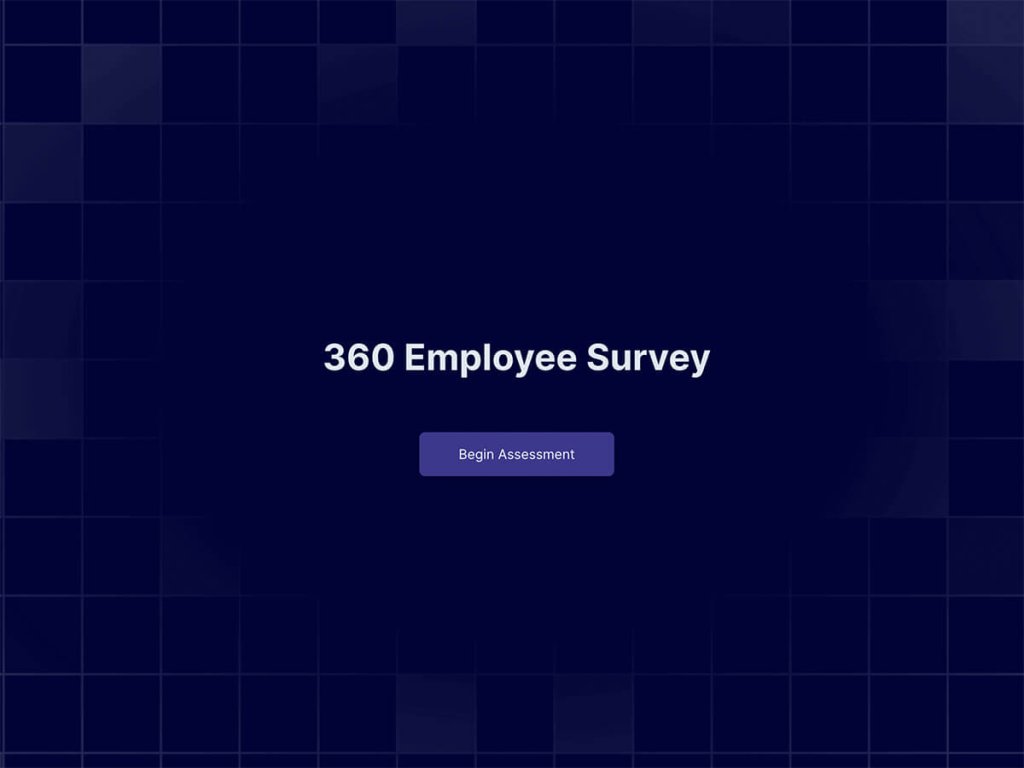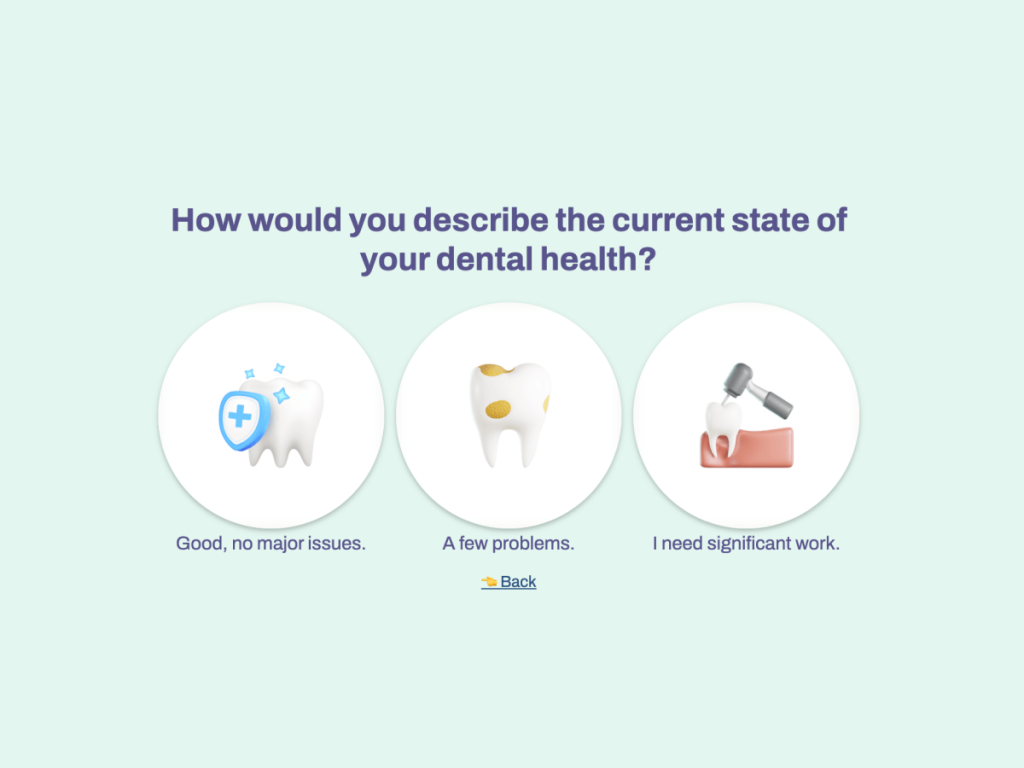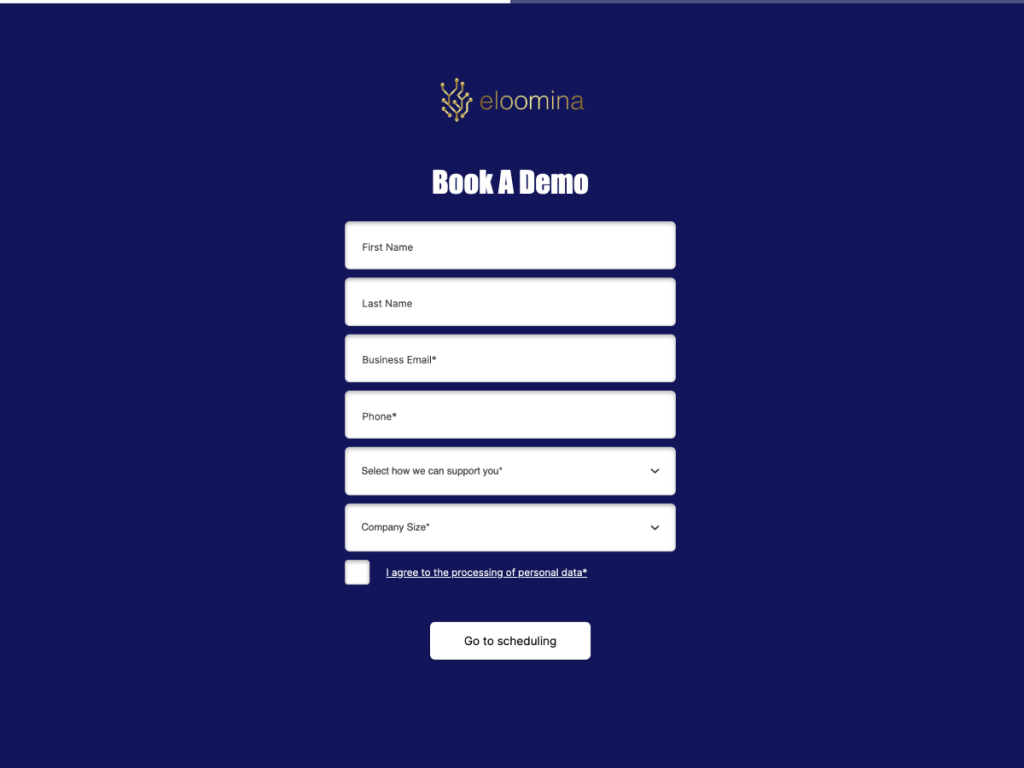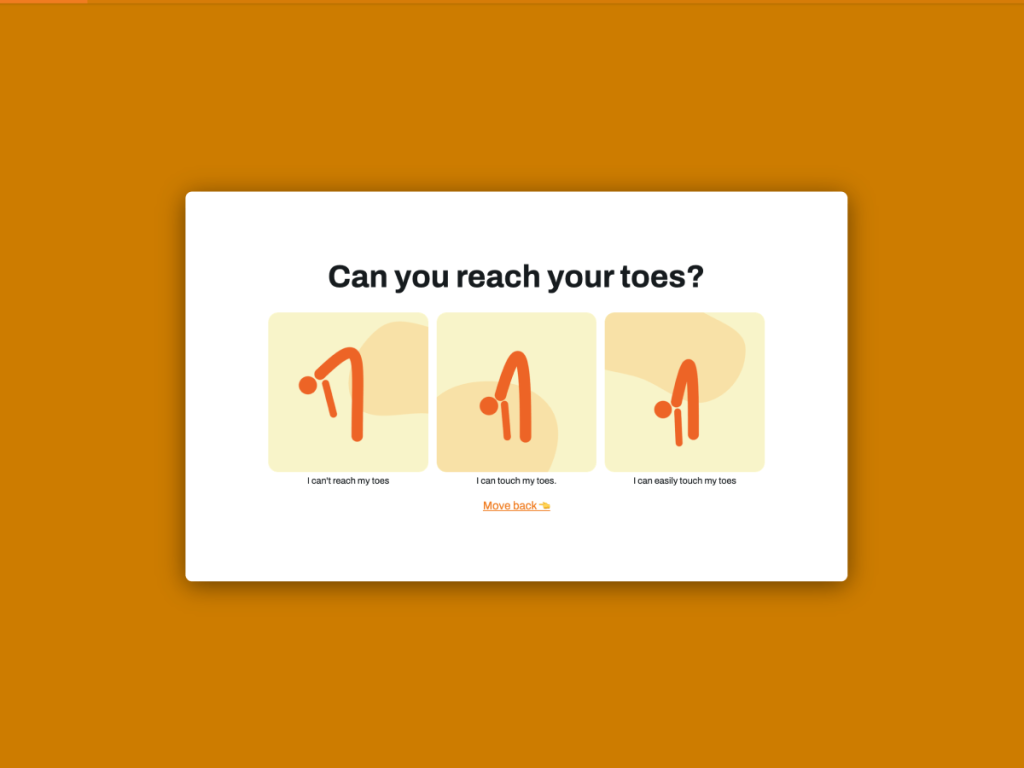Lead generation is indeed a complex process!
It involves a wide range of activities - from extensive marketing campaigns and event hosting to engaging potential customers on various social media platforms, and much more.
This journey requires thorough research to identify and qualify leads, build contact lists, and initiate outreach efforts.
Often, businesses find that a significant number of these prospects do not perfectly align with their products or services, leading to increased effort with relatively low returns.
But what if artificial intelligence could streamline this entire process?
Modern businesses are increasingly turning to AI-powered tools for more efficient lead generation, allowing them to automate routine tasks such as identifying and qualifying leads, tailoring messages, and nurturing customer relationships.
And that’s what we are here to talk about. This article will explore some of the most innovative and unusual ways AI can help in lead generation, opening new doors for businesses to connect with their ideal customers.
1. Create Interactive Content with AI (Lead Capture Forms+ AI Personalization, AI Analytics + AI Tools)
Setting up effective lead capture mechanisms is vital for collecting information about potential high-quality leads. Designing interactive and user-friendly contact forms, landing pages, sign-up sheets, and other tools are essential for gathering email addresses and relevant information from interested individuals.
One prominent platform in AI-powered lead generation is involve.me. Their AI form generator specializes in creating personalized and interactive content like forms, quizzes, surveys, and calculators. Its approach is particularly effective for engaging users and capturing lead information in a dynamic and user-friendly manner.
You just need to describe your use case to the AI form generator and you can create different forms within seconds.
Bonus: Check out some ready-to-use prompts here! :)

This tool also uses AI to customize form responses and survey questions based on individual customer preferences. This personalization makes the interaction more engaging, increasing the likelihood of users completing the forms and providing their information.
Moreover, the power of AI doesn't stop at personalization. involve.me offers AI-driven analytics, shedding light on user interactions, completion rates, and other crucial metrics. Such valuable insights help businesses in fine-tuning their lead generation strategies and understanding their audience better.

Let’s have a look at the type of form you can create using AI form generator:
Not only this, but now involve.me has also launched their AI powered tools templates. You can use these templates to create free AI tools for your website, whether you want a product description generator for your ecommerce store or looking for digital marketing strategies for your company.
Here is a sneak peek of one of the AI lead magnets for an idea.
The ease of selecting a template, inputting information, and letting the AI work its magic can be a game-changer for businesses looking to attract leads efficiently.
Create your forms with AI
Just paste your URL & click generate
Create Your Own AI Tools
2. Use of Predictive Lead Scoring
Predictive lead scoring is an advanced technique used by businesses to prioritize prospective customers based on their likelihood to convert. This method employs AI to analyze various data points, providing a more accurate and dynamic assessment of leads. Unlike traditional lead scoring, which relies on static criteria, predictive lead scoring uses AI algorithms to process large volumes of data, including historical interaction data, social media behavior, demographic information, and more. This helps in identifying patterns and trends that human analysts might miss.
AI's Role in Enhancing Lead Scoring Accuracy
AI significantly boosts the accuracy of lead scoring by incorporating a wide range of variables and constantly learning from new data. For example, AI algorithms can analyze how leads interact with a company’s website, emails, or social media content, and update scoring models in real time. This continuous learning process ensures that the scoring system evolves with changing market trends and customer behaviors, leading to more reliable predictions.
Benefits of Prioritizing High-Potential Leads
Focusing on leads with the highest conversion potential optimizes resource allocation and increases the efficiency of sales and marketing efforts. Sales teams can concentrate their efforts on nurturing leads that are more likely to result in successful conversions, thus improving the overall return on investment (ROI) of marketing campaigns. This targeted approach also enhances customer experience, as potential clients receive attention and resources commensurate with their level of interest and potential value.
Several well-known companies have successfully implemented AI for predictive lead scoring. For instance:
IBM uses AI for lead scoring to enhance its B2B sales efforts, focusing on leads most likely to convert.
Adobe leverages AI in its Marketo platform to score and nurture leads, improving the efficiency of its marketing efforts.

3. Chatbots for Interactive Engagement
Chatbots, especially those powered by AI, are an increasingly popular tool for lead generation. Their ability to engage with prospective leads in real-time offers several advantages:
24/7 Availability: Chatbots can interact with customers at any time of the day, ensuring that businesses don't miss out on leads even outside of regular working hours.
Instant Response: They provide immediate responses to queries, which helps in keeping the target audience engaged and interested.
Gathering Lead Information: Chatbots can ask specific questions to gather key information about a lead, such as their contact details, needs, and preferences.
Qualifying Leads: By asking the right questions, chatbots can help in qualifying leads, determining which are ready for a sales approach and which need more nurturing.
Personalized Interactions: Advanced AI-powered chatbots can tailor conversations based on the user’s responses, making interactions more personalized and effective.
Directing Leads to Relevant Content or Products: Chatbots can guide promising leads to relevant pages on a website, such as product information, blog posts, or contact forms, based on their interests.
Popular AI Chatbots
Drift: Offers an AI chatbot that specializes in conversing with website visitors, qualifying leads, and even scheduling meetings for sales teams.
Intercom: Provides a messaging platform with chatbot capabilities that can engage visitors, answer queries, and collect lead information.
ManyChat: A tool designed for creating chatbots on platforms like Facebook Messenger, useful for engaging with users and collecting lead data through social media channels.
H&M, the fashion retailer uses chatbots on its website to offer fashion advice to shoppers. The chatbot engages customers by suggesting outfits and helping them find products, effectively gathering customer preferences and boosting sales.

Similarly, Domino's chatbot allows customers to order pizza directly through Facebook Messenger. It simplifies the ordering process and collects customer preferences and contact information, effectively generating leads.

4. Social Media Insights and Trends Analysis
AI can identify emerging patterns, sentiments, and behaviors, pinpointing potential leads based on user interactions and interests by scrutinizing vast amounts of data from social media platforms. This ability allows businesses to tailor their social media campaigns more effectively, ensuring maximum engagement with the right audience.
For instance, AI can optimize posting times, suggest content types likely to resonate with specific user segments, and even automate responses to engage users in real-time.
In terms of tools, platforms like Hootsuite Insights and Sprout Social use AI to offer actionable insights and trend analysis, helping businesses refine their social media strategies. Buffer's AI capabilities assist in scheduling posts at optimal times for engagement.

5. Using AI Content to Get Targeted Leads
AI is increasingly used to create personalized and targeted content, which is crucial for attracting and engaging leads. This includes blog posts, social media content, and even personalized email campaigns. Some popular AI-driven tools for content optimization and SEO enhancement are:
Grammarly: Uses AI to improve writing quality, ensuring content is grammatically correct and engaging.
MarketMuse: An AI-powered tool that helps in content planning and SEO optimization, ensuring that content ranks high in search engine results.
Surfer SEO: Utilizes AI to analyze SERPs and provide content guidelines that help improve SEO performance.

6. Voice Search Optimization
Voice search is rapidly becoming a critical component in digital marketing due to the increasing use of voice assistants like Amazon's Alexa, Google Assistant, and Apple's Siri. AI plays an important role in optimizing content for voice search by understanding natural language queries and ensuring that a company's information is readily accessible through voice search results.
AI-powered software can analyze voice search patterns and adapt content to match conversational language, frequently asked questions, and long-tail keywords. It's also essential to focus on local SEO, as many voice searches are location-based.

Predictions for Voice Search in Lead Generation
The future of voice search in lead generation looks promising, with predictions suggesting a shift towards more personalized and instant query resolutions. Businesses will need to adapt to 'voice-first' strategies for effective lead generation.
Tools Using AI for Voice Search Optimization
Google's BERT algorithm helps understand natural language in search queries.
SEMrush and Ahrefs offer tools to optimize content for voice search.
7. Automated Email Campaigns with AI
AI revolutionizes email marketing by enabling hyper-personalized content, ensuring that messages resonate with individual recipients. AI analyzes customer data to tailor email content, subject lines, and even send times for each recipient. For example, Netflix uses AI to send personalized recommendation emails to its users.

AI can predict the best times to send emails to increase open rates and engagement. It also helps in segmenting audiences more effectively and testing different email versions for optimization. Some popular tools include:
Mailchimp's AI features assist in optimizing send times and content personalization.
HubSpot uses AI for smarter segmentation and content personalization.
8. Create Buyer Personas to Get Quality Leads
Creating detailed ideal customer profile is crucial for targeting quality leads. AI can significantly enhance this process by analyzing large datasets to identify common characteristics, behavioral patterns, and needs of ideal buyers.
How AI Tools Assist in This Process
AI tools can sift through vast amounts of customer interaction data across various channels to identify patterns and preferences.
AI algorithms segment customers based on demographics, online behavior, purchase history, and more, helping to form nuanced buyer personas.
Some AI-powered lead generation tools use predictive analytics to forecast future buying behaviors and preferences, further refining buyer personas.

Wrapping Up
The use of AI in creating interactive content marks a significant shift in lead generation tactics. It's a move from passive collection to active engagement, where every interaction is an opportunity to understand and connect with potential customers. With platforms like involve.me leading the charge, businesses now can access powerful AI tools that not only captivate their audience but also convert interactions into valuable leads.

